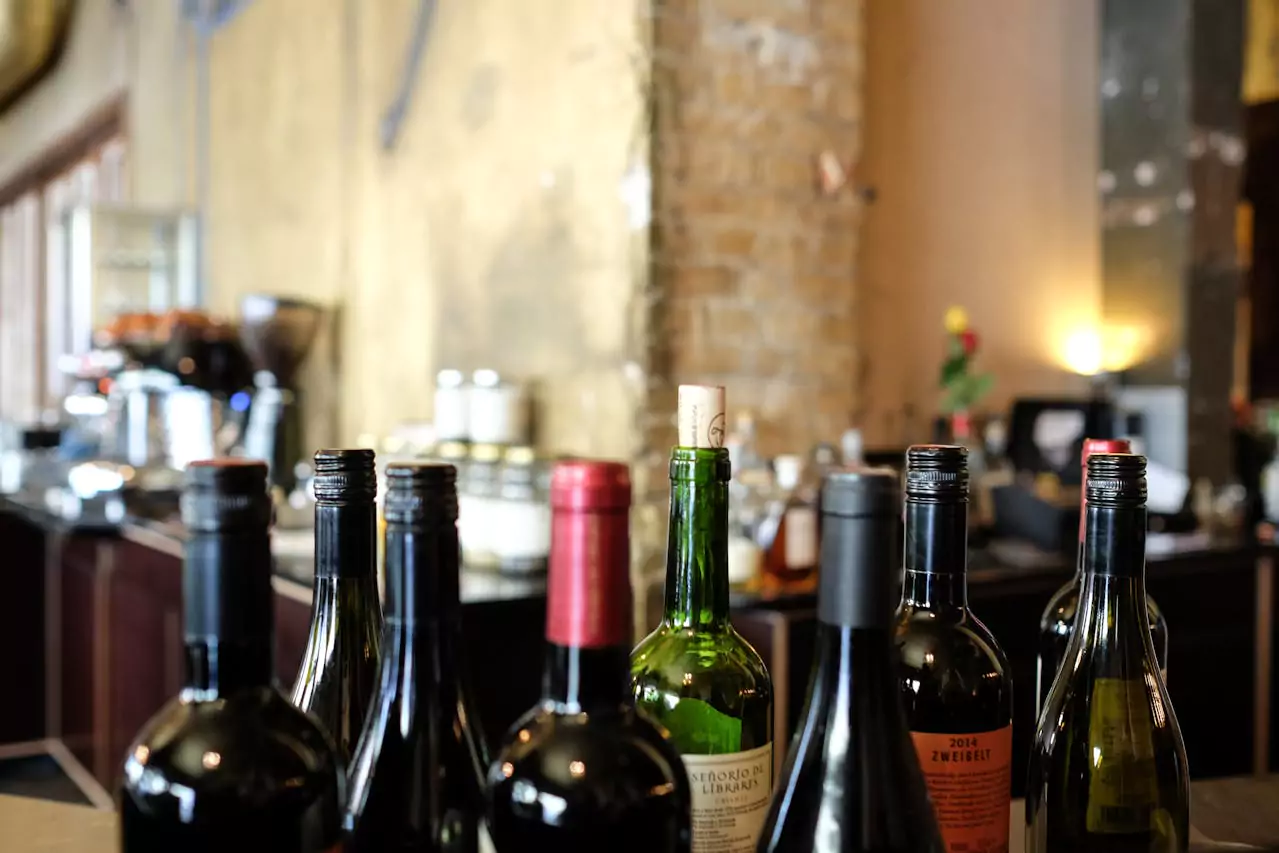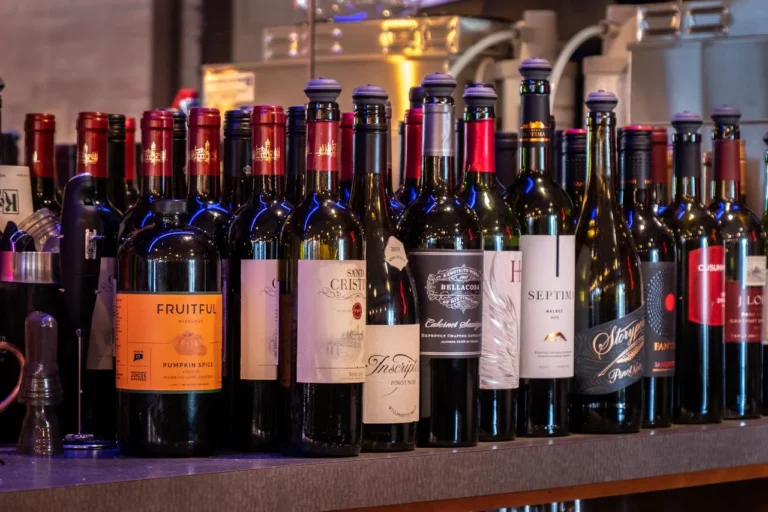
Treasury Wine Estates (TWE) recently hosted a thought-provoking panel discussion titled World of Wine at its Melbourne head office. The event brought together a diverse group of voices from across the alcohol, hospitality, health, and marketing sectors to explore the multifaceted role of alcohol in contemporary society.
The panel featured four prominent figures:
- Alistair Coe, representing Alcohol Beverages Australia
- David Canny, of the Australian Hotels Association and owner of The Montage Hotel and Red Lion Inn
- Dr Andrew Rochford, medical expert and ambassador for DrinkWise
- Kristy Keyte, Chief Marketing Officer at Penfolds
Moderated by Imogen Gardiner, TWE’s Global Director of Public Affairs, the panel explored themes that touched on culture, public health, consumer trends, policy, and economic development—demonstrating just how deeply the alcohol industry intersects with everyday life and broader societal issues.
The Role of the Local: Pubs as Pillars of Community Connection
One of the most compelling themes from the panel was the social function of the “local” – the community pub – and its critical role in fostering human connection. Drawing from his experience as a second-generation publican, David Canny highlighted how neighbourhood pubs are far more than venues for eating and drinking.
“There’s something unique about the connections that happen at a local pub,” Canny said. “They’re more than just a place to come and enjoy a drink and dinner with the family, or to stop in for a pint after work. They’re community hubs where friendships form, life stories unfold, and sometimes, essential emotional support is found.”
Canny emphasized the important, often overlooked role that publicans play. “We’re more than just business operators. At the Red Lion Inn or The Montage, we’re often the friendly face who checks in when someone isn’t themselves. Sometimes, those conversations can be life-changing. Being a part of someone’s support network, even in a small way, matters.”
Alcohol and Health: A Balanced Approach to Education and Consumption
Dr Andrew Rochford offered a medical perspective, emphasizing the growing recognition within healthcare of the social and psychological benefits of in-person interaction — often facilitated through venues like pubs and restaurants.
“Medical research is increasingly uncovering the benefits of real-world social interaction,” said Rochford. “Sharing a drink can foster feelings of connection, trust, and satisfaction. These emotions are now being studied in relation to physical and psychological health, with some evidence pointing to better cardiovascular outcomes and overall life satisfaction.”
However, Rochford was clear that moderation and education are vital. As an ambassador for DrinkWise, an organisation committed to promoting safer alcohol consumption, he underscored the value of accessible, evidence-based information.
“In emergency departments, I’ve seen firsthand the risks associated with misuse. But I also know that education – not prohibition – is the key. When people have access to credible information from groups like DrinkWise or the National Health and Medical Research Council, they’re better equipped to make informed decisions.”
A Policy Perspective: Bridging Industry, Health, and Trade
Alistair Coe, speaking on behalf of Alcohol Beverages Australia, discussed how the policy landscape surrounding alcohol is shaped by a broad range of considerations, including public health, economics, agriculture, and international trade.
“Policy decisions about alcohol need to be holistic,” Coe explained. “We need to balance health considerations with the economic contribution the industry makes, not just domestically but globally. The wine industry alone supports thousands of jobs and generates billions in trade. It also plays a diplomatic role, helping to build soft power through cultural exchange and export.”
He stressed the importance of ensuring policies are based on rigorous evidence rather than reactionary headlines. “We work closely with governments and regulators to advocate for proportionate, data-driven regulation that protects public health without undermining economic opportunity or consumer choice.”
The Evolution of the Wine Consumer: Premiumisation and Personalisation
From a brand perspective, Kristy Keyte brought valuable insights into how the wine sector is evolving to meet the demands of modern consumers. As the CMO for Penfolds, she has overseen brand storytelling efforts that emphasize the authenticity, craftsmanship, and heritage behind each bottle of wine.

“Wine is more than a product – it’s a story, and increasingly, consumers want to be part of that story,” Keyte said. “They want to know where the grapes were grown, who made the wine, and what values the brand stands for.”
Keyte noted that today’s wine enthusiasts are redefining what it means to be a wine drinker. “We’re seeing strong growth in premiumisation. Consumers may be drinking less, but they’re choosing higher quality – and they’re more conscious of their drinking habits.”
This trend is also reflected in the rising popularity of no- and low-alcohol alternatives, a category growing rapidly as health-conscious consumers seek options that fit within a balanced lifestyle. “There’s a real opportunity here to innovate and meet consumers where they are, without compromising on experience or taste,” she said.
The Economic and Cultural Legacy of Winemaking
The panel also delved into the significance of winemaking itself, both as a cultural practice and an economic driver. From the rural vineyards of South Australia to urban cellar doors in Melbourne, wine production supports local economies, tourism, and global exports.
Canny captured the poetry of winemaking when he said, “A glass of red poured at a bar is never just a glass of red. There’s a chain of people behind it—the grower, the winemaker, the truck driver, the glassmaker, the server. And then, there’s the moment of enjoyment, the occasion, the conversation. It’s a whole ecosystem built around shared experience.”
Commitment to Responsible Consumption and Global Partnerships
TWE reiterated its commitment to global health and sustainability goals, including support for the World Health Organization’s Global Alcohol Action Plan and the United Nations Sustainable Development Goals. These frameworks aim to reduce harmful alcohol consumption by 20% by 2030 (compared to 2010 levels).
The company also collaborates with partners such as DrinkWise in Australia, DrinkAware in the UK, the Portman Group, and the China Alcoholic Drinks Association to ensure that its actions are grounded in scientific evidence and ethical responsibility.
Conclusion: A Shared Responsibility
The World of Wine discussion underscored the importance of maintaining a balanced view of alcohol in society. From public health and policy to social connection and economic development, the sector’s impact is broad and complex. What became clear from the discussion is that responsible alcohol consumption is not just a matter of individual choice—it’s a shared responsibility across industry, government, and consumers alike.
As Dr Rochford aptly concluded, “Don’t underestimate the value of being an informed consumer. Whether you’re choosing to enjoy a glass of wine or deciding how much to drink, education is everything. And so is community.”
Let me know if you’d like this version formatted for publication or turned into a press release or blog post.




